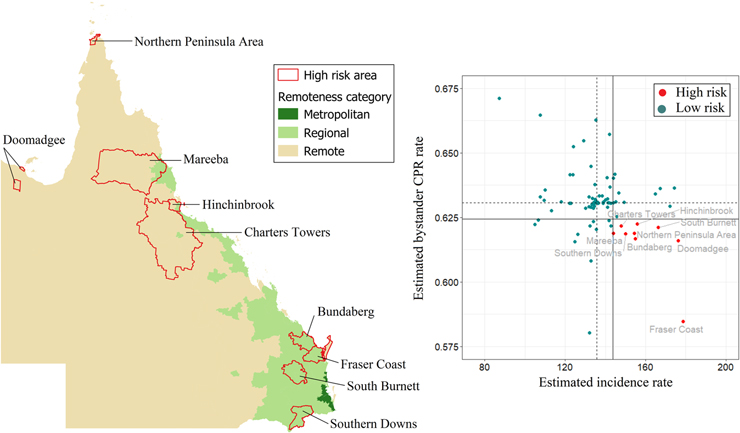
May 3, 2024
The South Burnett has been identified in a national study as a high risk area where residents require education in cardiopulmonary resuscitation (CPR).
Researchers found the region has a high number of “out-of-hospital” cardiac arrests with low bystander CPR rates.
The Monash University-led project was funded by the Heart Foundation and conducted by the Australian Resuscitation Outcomes Consortium.
Australia has about 26,000 out-of-hospital cardiac arrests annually, with only 12 per cent of patients treated by ambulance surviving to hospital discharge and/or 30 days.
Senior author Professor Janet Bray said cardiac arrest survival depended on a series of interventions known as the “chain of survival”.
“Early bystander CPR is one of the most important of these interventions,” Prof Bray said.
“Survival is doubled when cardiopulmonary resuscitation (CPR) is given by bystanders.”
Researchers, using data from 2017-19, applied mathematical models and mapping techniques to estimate incidence and bystander CPR ability rates for witnessed events in every council area.
The South Burnett was one of nine council areas identified in Queensland as “high risk”.
Prof Bray said the results showed that incidence and bystander CPR rates varied markedly across Council areas, making targeted education campaigns in areas of high risk crucial.







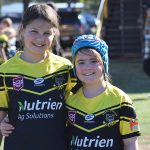

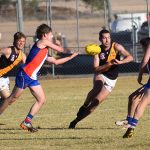
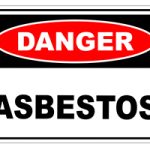
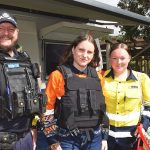
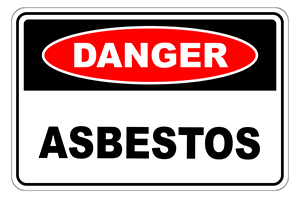
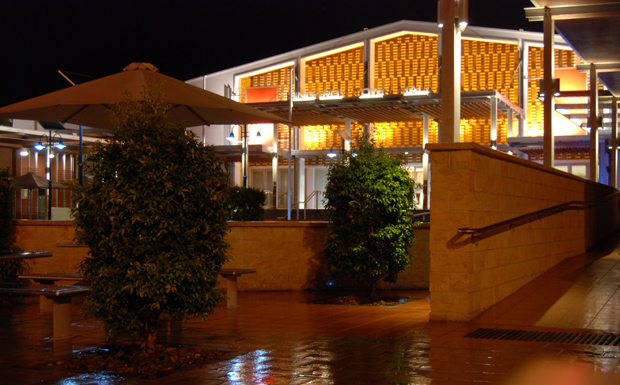
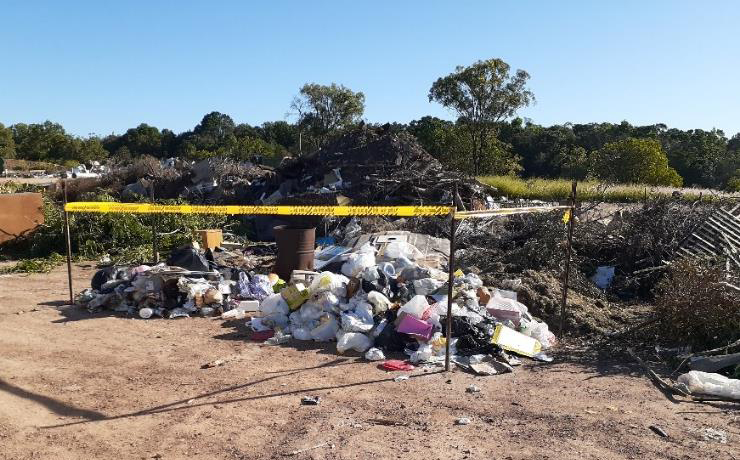
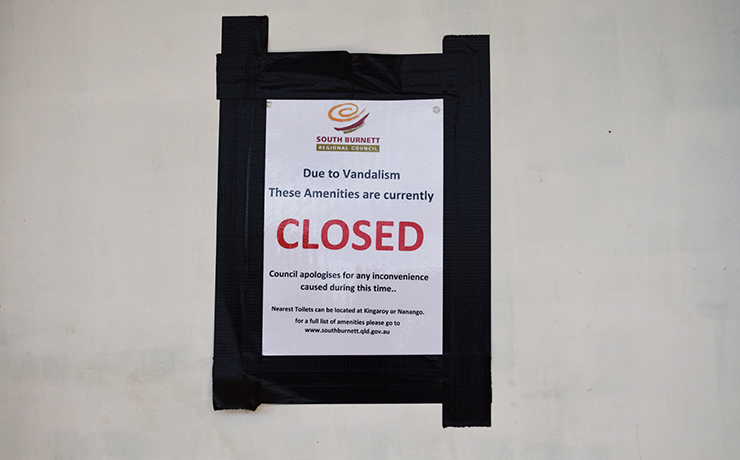
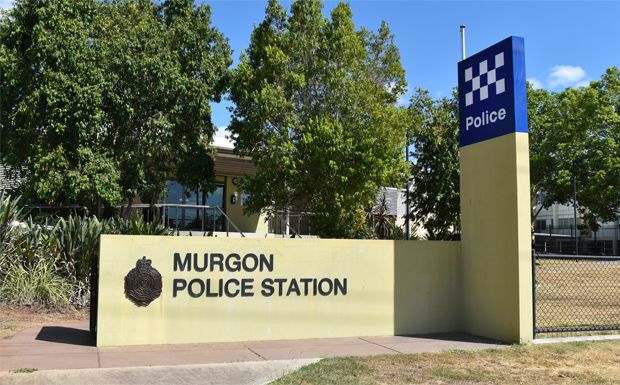
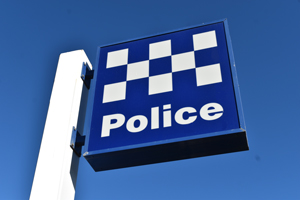
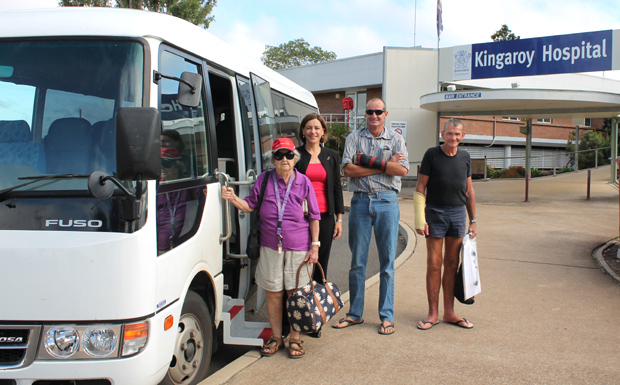
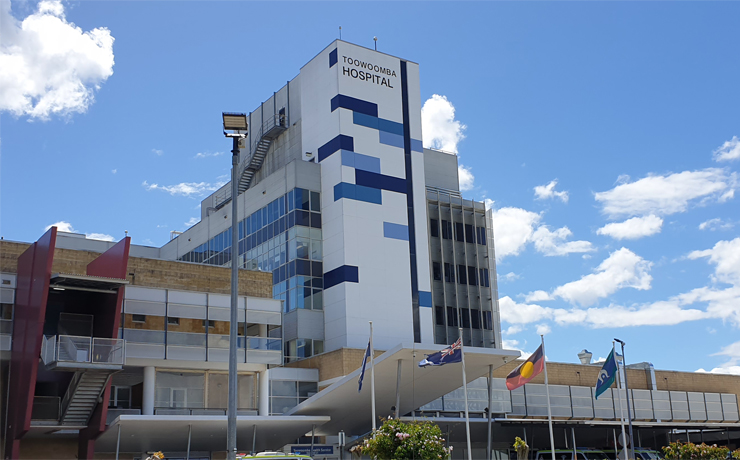
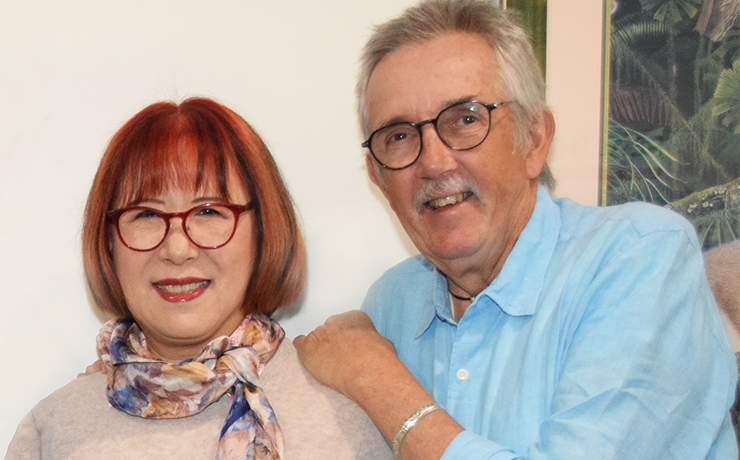
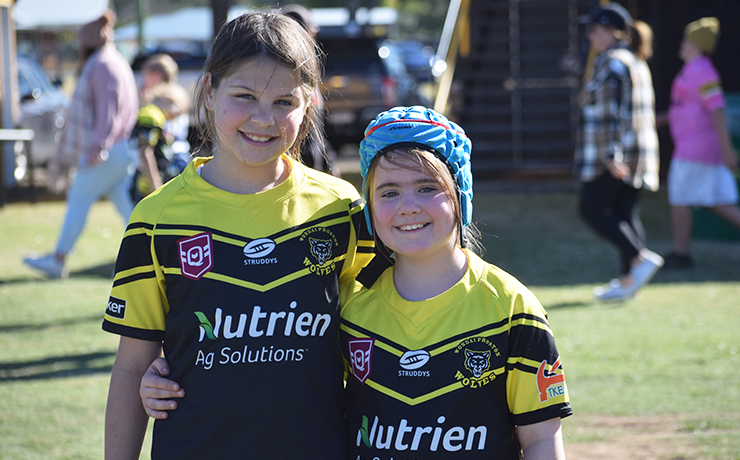
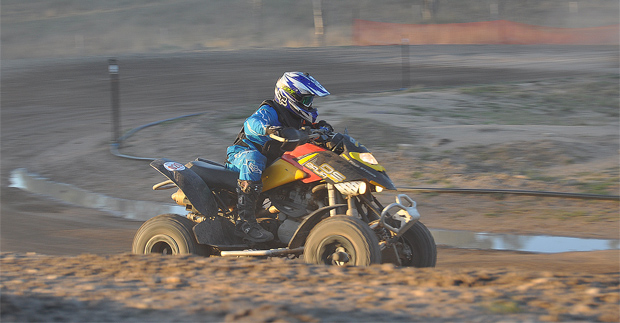
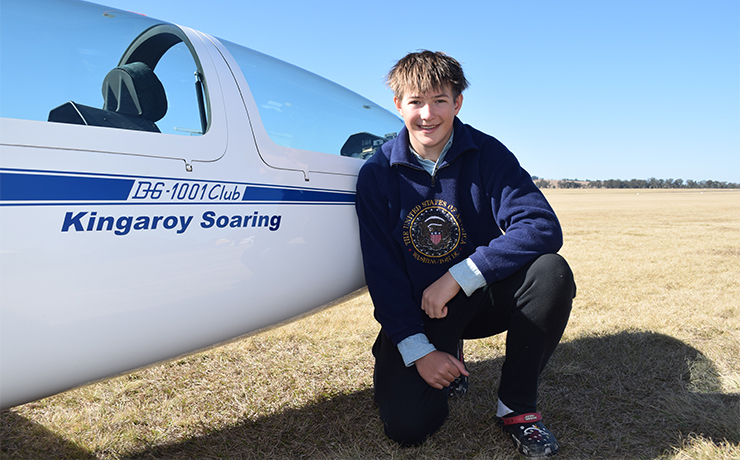
South Burnett Local Ambulance Committees offer CPR Awareness sessions to community members and groups for a gold coin donation
Being a former country GP and hospital doctor, I would also urge people in the community to have a basic knowledge of CPR.
If John Citizen can keep the heart pumping blood to the brain by external pressure until the expert paramedics arrive, the overall outcome would be greatly enhanced, not only for a life saved, but a better outcome for those resuscitated from brain damage due from hypoxia. Remember lack of blood to the brain equals brain death.
As John Box writes, courses can be arranged at the QAS centre.